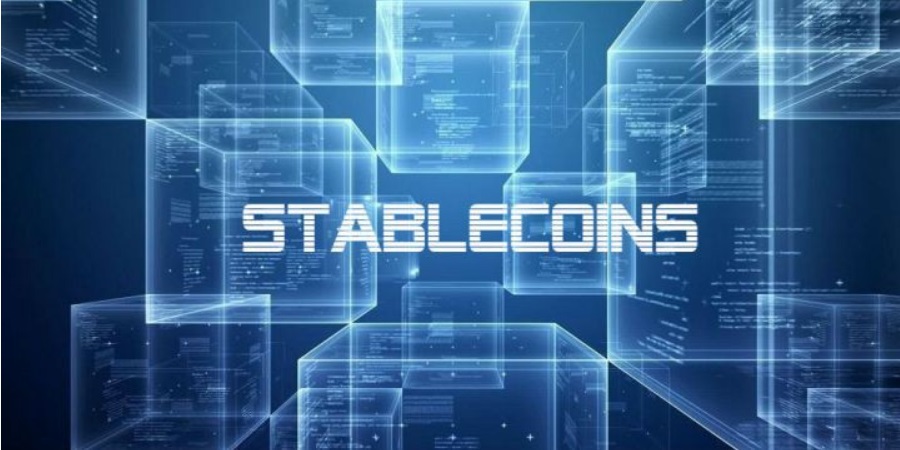Bank of Israel sets out stablecoin rules. The institution is examining the issue of activity in digital assets.
NoCash \ legislatie \ Bank of Israel sets out stablecoin rules. The institution is examining the issue of activity in digital assets.
The goal of the regulation is to allow activity in stablecoins while managing the risk inherent in using them, and adjusting the consumer protections and prudential requirements to this unique activity.
By force of its functions to maintain financial stability, to manage the monetary policy, and to regulate the payment systems in Israel, „the Bank of Israel is examining the issue of activity in digital assets, and their impact on the areas under the Bank’s purview” – according to a press release.
In view of recent years’ increasing interest in digital assets and the risks derived from them, as have materialized around the world in the recent period, the Bank of Israel established a committee headed by Deputy Governor Andrew Abir to examine the issue from several perspectives: prudential, regulatory, technological, monetary, and legal.
Among other things, the Committee worked to formulate a document of principles for regulating stablecoin activity in Israel. A stablecoin is a digital asset that operates on a technological infrastructure, and aims to stabilize its value by pegging it to another asset’s value, and the coin’s issuer operates a mechanism that maintains the stability of the coin’s value. In contrast to other digital assets, stablecoins have the potential to serve not only as an investment asset but also as a means of payment.
The Bank of Israel’s function, as defined in law, requires the Bank of Israel’s regulation and supervision of means of payment. The principles document refers to regulating the activity of stablecoins in Israel. The goal of the regulation is to allow activity in stablecoins while managing the risk inherent in using them, and adjusting the consumer protections and prudential requirements to this unique activity.
The document proposes rules for stablecoin activity that the Bank of Israel recommends promoting through legislation or establishing as part of the regulator’s directives. Among other things, it is proposed:
- To establish a requirement according to which the reserve assets that will be held by a stablecoin issuer will cover 100 percent of its liabilities to the coin holders. This requirement will greatly reduce the prudential risk deriving from the activity in stablecoins.
- In terms of the identity of the regulators, it is proposed that stablecoin issuers will require licensing: for a coin that does not have systemic importance, the licensing shall be by the Capital Market Authority; otherwise the licensing shall be by the Banking Supervision Department. In the document, criteria are proposed for defining a stablecoin as having systemic importance.
- A stablecoin that is declared to be a controlled payment system shall be overseen by the payment systems oversight function at the Bank of Israel.
- In order to enhance the supervisory efficiency, it is proposed to establish coordination mechanisms among the various relevant regulators.
The document refers as well to rules of activity for the stablecoin issuers in Israel and to licensing and oversight arrangements that are adjusted to their activity, and is published herewith for the public’s comments. Comments and feedback can be sent via email to pniot-stablecoin@boi.org.il until March 15, 2023.
Clarifications and qualifications
- This document is intended to present regulation principles in order to receive comments from the public. This principles document should not be seen as obligating the Bank of Israel, and it should not be relied upon when carrying out any stablecoin activity. The principles listed in this document have not yet been approved in legislative processes and do not necessarily reflect the legal status as of the document’s publication date.
- Respondents to this document will bear the costs of preparing the response, and shall not be eligible for any compensation or indemnification regarding such expenses.
- The Bank of Israel may respond to all responses received, or to some of them, or not respond to any at all.
- The Bank of Israel may contact some or all of the respondents to this document, and request to supplement data or to clarify responses submitted, or any additional information that the Bank feels can help it understand the response.
- The Bank of Israel reserves for itself the right, at any time, to make changes or revisions to this document, whether at its own initiative or due to contact by any third party. The changes or revisions to this document shall be made with written notification, and shall be published on the Bank of Israel website. It is the respondents’ responsibility to periodically check the bank’s website to see if there are any changes in the document’s formulation and to adjust their response to the changes, should there be any.
- Submitting a response to this document could help the Bank of Israel in internal professional discussions as well as in conversations with a third party, including various authorities or other regulators. Submitting a response to this document serves as consent for the information, in whole or in part, to be sent to such a third party, and the information submitter waives any claim, complaint, or suit against the Bank of Israel in all that relates so transferring the response submitted.
